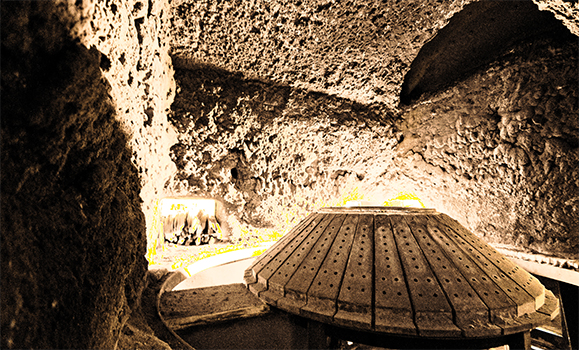Things are heating up at the Agricultural Campus (AC) with news of a substantial rejuvenation of the 30-year old biomass energy plant and steam distribution system.
On Tuesday, ╗╞╔л╓▒▓етАЩs Board of Governors approved a $24.2 million biomass co-generation project to replace the campusтАЩs aging steam lines with hot water lines, replace the wood boiler, add appropriate and required air quality controls, and add a turbine to create electricity.
тАЬItтАЩs exciting that as a Faculty of Agriculture we are setting an example of best practices and embracing a sustainable source of energy as we continue to move toward carbon neutrality, explained David Gray, dean of the Faculty of Agriculture and principal of Dal's Agricultural Campus. тАЬThis new facility aligns well with a number of our research areas in renewable energy and will provide opportunities for us to put research into practice.тАЭ

Dal will be identifying sources of biomass from waste residues (ex. bark), yard waste, land-clearing from pre-approved developments, and appropriately harvested stem wood. Investigation is being conducted on the opportunities for the use of agri-products like willow.┬а
тАЬThis small 1 megawatt biomass co-generation plant project focuses on energy efficiency and securing local sustainable supply,тАЭ explains Rochelle Owen, director of the office of sustainability for ╗╞╔л╓▒▓е. тАЬWaste heat from electricity production is used for heating the campus. The plant design will allow flexibility for future products like willow.тАЭ
The ACтАЩs existing thermal plant and steam lines are at the end of their useful life and have been unreliable in supplying the campus with a steady heat source.
Planning for the replacement system began when the provincial government was running the Nova Scotia Community Feed-in Tariff (COMFIT) program. COMFIT was designed to encourage community-based, local renewable energy projects by guaranteeing a rate per kilowatt-hour for the energy the project feeds into the provinceтАЩs distribution electrical grid. The AC Biomass project received approval in 2014.
тАЬSelling the extra power is expected to generate $1.36 million annually, and when we switch the old steam lines with new energy efficient water lines, we will increase our system efficiency by 30 per cent,тАЭ says Jeff Lamb, assistant vice-president of Facilities Management. тАЬThe project will pay for itself over 20 years, and give students and researchers at the Agricultural Campus an opportunity to study and research the potential of biomass moving forward.тАЭ
This project will support the local economy by providing a dependable demand (approximately 20,000 tonnes per year) for local biomass producers. As per the COMFIT requirements, construction will begin next year with completion expected by May 2018.

